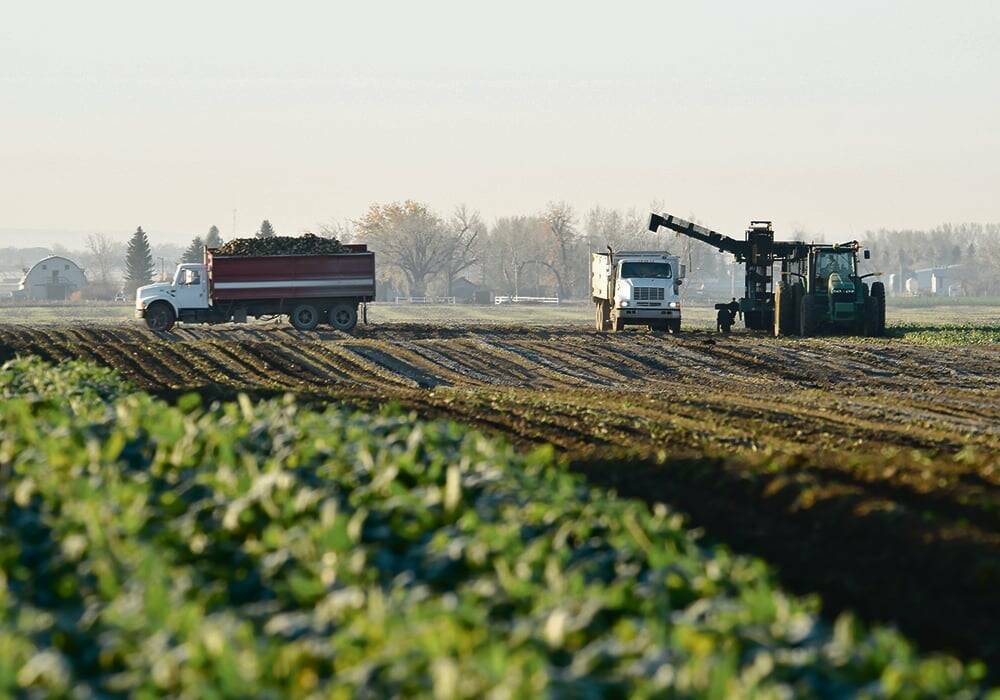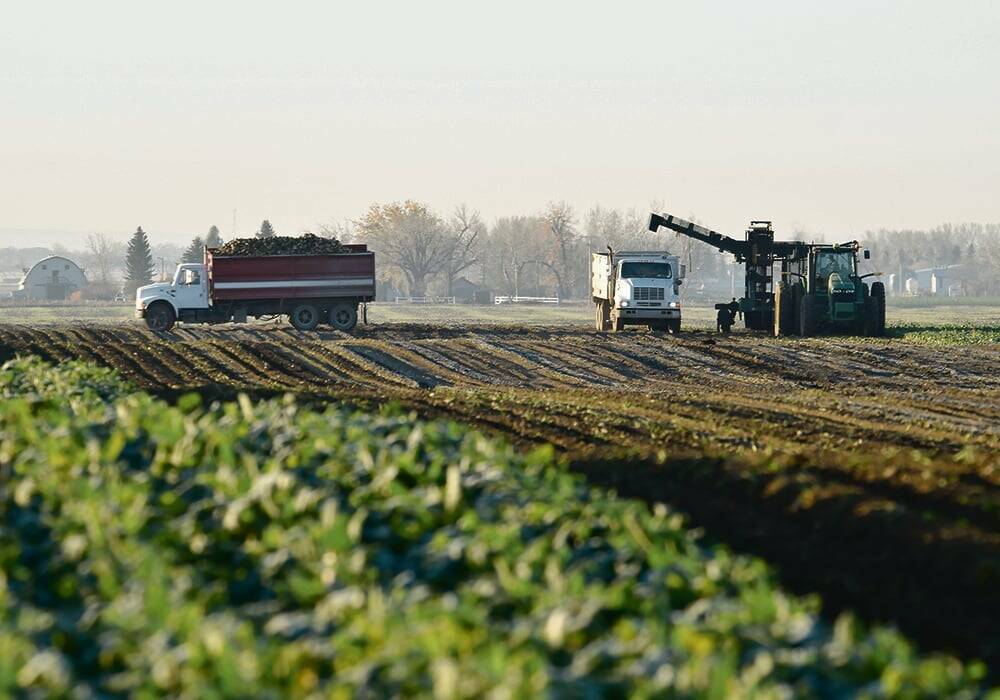Grain, oilseed millers’ sales, volumes projected to decline in 2025

Grain and oilseed millers are projected to see a decline in sales and volume for the second year running in 2025 according to a new Farm Credit Canada report.
Margins are expected to shrink but remain strong.
The sector saw four strong years, including double-digit growth in sales in 2022 and 2023, says FCC’s 2025 Food and Beverage Report. Last year saw lower prices translate to a 15.5 per cent drop in sales while volume (sales adjusted for inflation) decreased by 2.9 per cent. However, lower crop prices translated to a margin in crease 7.4 per cent year over year.
Read Also


May contract talks alarm sugar beet growers
Sugar beet contract negotiations between ASBG and Rogers Sugar still ongoing
FCC predicts grain and oilseed millers will see sales decline by 3.8 per cent while volumes drop by 8.3 per cent this year. Margins are predicted to decrease by 4.7 per cent, which will still place them above 2023 levels. However, “margins could fall further in 2025 if global trade disruptions persist causing weaker demand, particularly for oilseed products,” the report said.
In March, China placed at 100 per cent tariffs on Canadian canola oil and meal, along with peas. Canola producers have also eyed on-again-off-again U.S. tariffs with unease.
BIOFUEL DEMAND UNCERTAIN
“The demand from the U.S. biofuels market in 2025 looks hazier compared to just a few months ago,” FCC said in the report.
Between 2020 and 2024, Canadian canola oil exports to the U.S. increased by 94 per cent, buoyed by U.S. government policy encouraging biofuel production. A 2023 policy shift made canola oil an eligible feedstock in the country’s biofuel tax credit program, which spiked imports to 2,855 million metric tonnes from 2,036 in 2022.
In 2024, the U.S. imported 3,343 million metric tonnes of canola oil from Canada—91 per cent of all U.S. canola imports. Over half went to industrial use, FCC said.
However, the new Trump administration is reviewing the Clean Fuel Production Credit incentive program, which has added uncertainty to the market. Construction of two major biofuel facilities in Canada is also on hold.
“As such, demand for soybean and canola oil has suddenly become more difficult to gauge,” FCC said.
REDUCED COMPETITION FROM USED COOKING OIL
However, the U.S. has also withdrawn eligibility for incentives for biofuel made from imported used cooking oil. This could increase demand for vegetable oils. China has also begun to divert shipments of used cooking oil to Europe and elsewhere due to high U.S. tariffs, Reuters reported in late April.
Overall, the milling sector entered 2025 on good financial footing, FCC said. However, with 60 per cent of its sales exported to the U.S. it is among the agricultural sectors most vulnerable to trade disruption.
Source: www.producer.com


